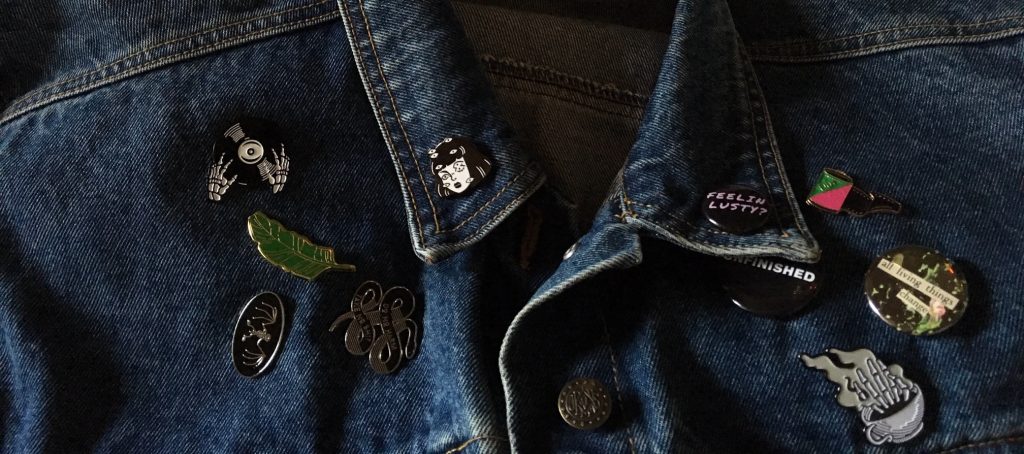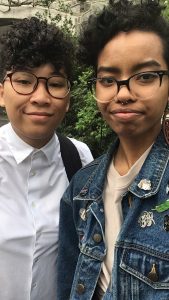My growth and engagement in Asian community issues came full circle at Tri-CASC this April! The conference held on Swarthmore’s campus and organized by students in the Consortium was created around panels, performances, workshops, and speakers regarding issues of Asian and Pacific Islander identity and community. Among the conference’s values, the ones I understand it to be the most, read:

A place of solidarity, pride, and love for the API/A community … progress the critical dialogues occurring at our individual campuses to build coalitions and further understand the nuances of the many API/A experiences … acknowledge how API/As have also been complicit toward systemic injustices … leveraging the collective power of the various API/A communities … continue to weave API/A narratives into the complex racial fabric of America and deconstruct systems of power.
Months ago, my friend Shannan Stafford ’19 and I were asked to run a workshop on authenticity & gatekeeping in the community, and among the chaos, we organized our ideas, communicated with the organizers, and prepared to facilitate conversations on how we imagine “Asian identity” and from where those imaginations originate. Because we both identify as Black and Asian (and because our friendship bloomed from those shared understandings—we had mutual friends, held similar space, but never crossed paths until our friends connected us & we had a class together last Spring!) we wanted to re-direct conversations of authenticity to learning how to recognize those strains in our own circles. For us, there needed to be more emphasis on communally embracing people who may not match how we envision “Asian.” We looked to make room for other Black Asians like ourselves, Pacific Islanders, Southeast Asians, South Asians, known artists & performers who are not often thought about as members of our community, as well as for that internal and eventually political work.
we both identify as Black and Asian (and because our friendship bloomed from those shared understandings—we had mutual friends, held similar space, but never crossed paths until our friends connected us & we had a class together last Spring!) we wanted to re-direct conversations of authenticity to learning how to recognize those strains in our own circles. For us, there needed to be more emphasis on communally embracing people who may not match how we envision “Asian.” We looked to make room for other Black Asians like ourselves, Pacific Islanders, Southeast Asians, South Asians, known artists & performers who are not often thought about as members of our community, as well as for that internal and eventually political work.
Of the panels, performances, and other workshops I was only able to catch part of a panel on Asianness. The panelists drew from double migratory experiences, mixed identities, transnational origins, and practices of Muslim faith, to inform what they imagined as acts of solidarity for American communities of indigenous and black folks. We had two session blocks that went smoothly, we were able to enjoy the cool weather (there were students tabling free clothes and playing music!) and we were fed well with a flavorful catered Korean lunch.
One of the most heartwarming parts of Tri-CASC, for me, was having the chance to connect with pasts and futures in the spirit of coming full circle. Four or five years ago, I was part of a summer program at Philly’s Asian Arts Initiative for Asian woman writers, run by two sweet Temple students. The photographer at the conference was one of those students! I was able to reconnect with her as well as meet an incoming Bryn Mawr first year who expressed interest in my club, Multi*. From Swarthmore’s train station I headed into the city to meet my friends while listening to a playlist of artists with Black & Asian heritage, an idea a fellow presenter and friend of mine gave me when they recommended me a song. Many of them, including H.E.R. (who’s pictured above!) were featured in our workshop to reorient how we imagine the API/A community and who represents us in art & popular culture. Shannan and I are certainly not the first. There are many projects such as Blasian Narratives that do the same work! Because the conversations around communities expand beyond conferences, I’m hopeful for their futures.


